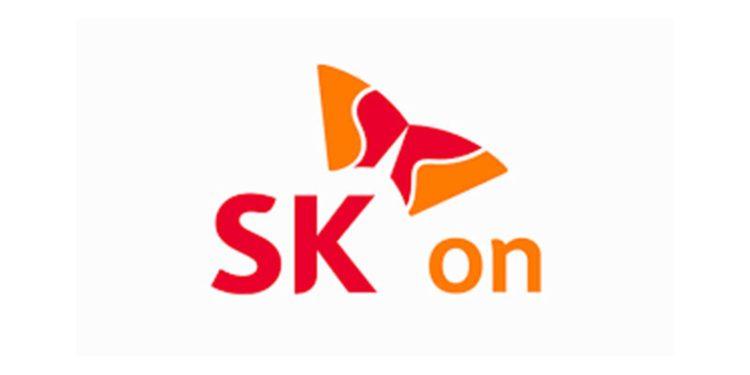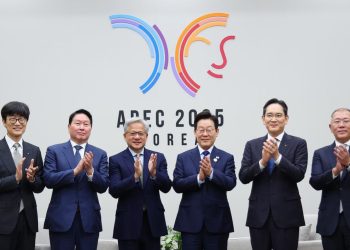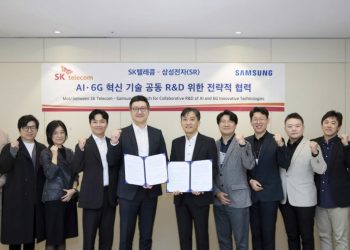SK On, South Korea’s fifth-largest electric vehicle battery manufacturer, announced plans to introduce voluntary redundancy programs to reduce its workforce. It is the company’s first retirement scheme since its establishment. It comes as SK On navigates ongoing challenges in the global electric vehicle (EV) market, where demand for battery electric vehicles (BEVs) has weakened.
To enhance efficiency and competitiveness, SK On, a subsidiary of the SK Group conglomerate, plans to streamline operations amid the current downturn in EV sales. While reports indicate plans to cut its domestic workforce, a company spokesperson noted that “nothing has been confirmed at this time.”
As part of its efficiency strategy, the company plans to offer special leave and voluntary departure options to create a more streamlined workforce.
Employees who joined SK On before November 2023 will be eligible for the early retirement package, which includes 50% of their annual salaries and a cash lump sum. In addition, the company is introducing a “special leave program” for those who opt for unpaid leave, allowing staff to recharge and develop their professional skills. SK On will support half of the tuition fees for employees pursuing academic degrees during their time off, with the remaining fees covered upon their return to work.
The decision to adopt these measures comes as SK On faces difficulties, including a record quarterly operating loss of 460.1 billion won ($346.3 million) for the April-June period. Rising fixed costs from its new plant in Hungary, along with decreased global battery demand, have compounded the company’s challenges.
In the current downturn in battery electric vehicle demand, particularly in key markets like Europe, SK On is taking various steps to cut costs, including freezing executive salaries until profitability is achieved. As the company aims to stabilize its operations, it is also committed to supporting its workforce through these transitional measures while striving for sustainable growth in the competitive EV industry.
According to a regulatory filing, SK On employed 3,558 individuals as of the end of June. The company has yet to achieve profitability since its separation from SK Innovation in 2021. For the April-June quarter, it reported an operating loss of 460 billion won ($346.10 million), an increase from a loss of 332 billion won in the previous quarter. Following this announcement, shares of SK Innovation dipped by 0.9%, contrasting with a 2.1% rise in the benchmark KOSPI index.
SK On plans to produce batteries for Hyundai and Kia electric vehicle models to reach its profit objectives using the production line designated for Ford’s EVs at its Georgia plant. These batteries will be supplied to Ford’s US hub, which is set to commence operations next month. This strategy aims to leverage existing manufacturing capabilities while addressing the ongoing challenges in the EV market.
Also Read:
- Hyundai, Kia, and Samsung Partner to Drive Software-Defined Vehicle Innovation
- Gov’t Launches Emergency Inspection of Kakao After Repeated Service Outages
- Samsung Electro-Mechanics Unveils World’s First Ultra-Small All-Solid-State Battery for Wearables
- LG and Ricoh Unite to Offer Digital Solutions for Modern Workplaces
- South Korean Shipbuilders to Bring Advanced Technology to India’s Maritime Sector







